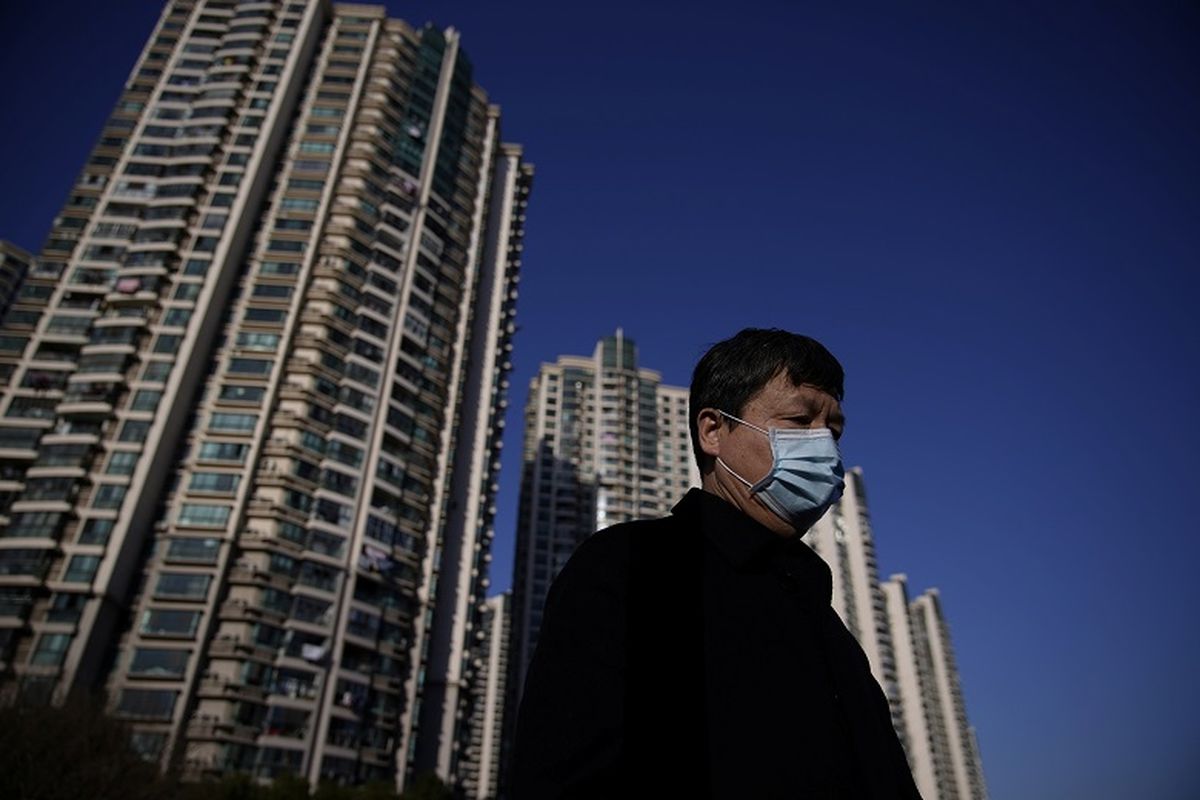WHO: Allowing Spread of Virus to Achieve Herd Immunity is “Unethical”

GENEVA, KOMPAS.com – The WHO Chief warned Monday that allowing the Covid-19 virus to spread in the hope of achieving herd immunity was “unethical”.
Tedros Adhanom Ghebreyesus cautioned against some countries’ decision to allow the novel virus to run its course until enough people develop the immunity needed to naturally halt its spread.
"Herd immunity is a concept used for vaccination, in which a population can be protected from a certain virus if a threshold of vaccination is reached," the WHO Chief pointed out during a virtual press briefing.
Read also: The Netherlands Rethinks Coronavirus Guidelines on Face Masks as Cases Rise
For measles, for instance, it is estimated that if 95 percent of the population is vaccinated, the remaining five percent will also be protected from the spread of the virus.
For polio, the threshold is estimated at 80 percent.
"Herd immunity is achieved by protecting people from a virus, not by exposing them to it," WHO's Tedros said.
"Never in the history of public health has herd immunity been used as a strategy for responding to an outbreak, let alone a pandemic," he insisted.
The new coronavirus has killed well over one million people and infected more than 37.5 million since it first surfaced in China late last year.
Read also: Nine Million Residents in China's Qingdao to Undergo Covid-19 Testing
Relying on naturally obtaining herd immunity in such a situation would be "scientifically and ethically problematic", Tedros said.
"Allowing a dangerous virus that we don’t fully understand to run free is simply unethical. It's not an option."
He pointed to the lack of information on the development of immunity to Covid-19, including how strong the immune response is and how long antibodies remain in the body.
Tedros pointed to some Covid reinfection cases where people are believed to have been infected with the virus a second time.
'Unnecessary infections, suffering, death'


































